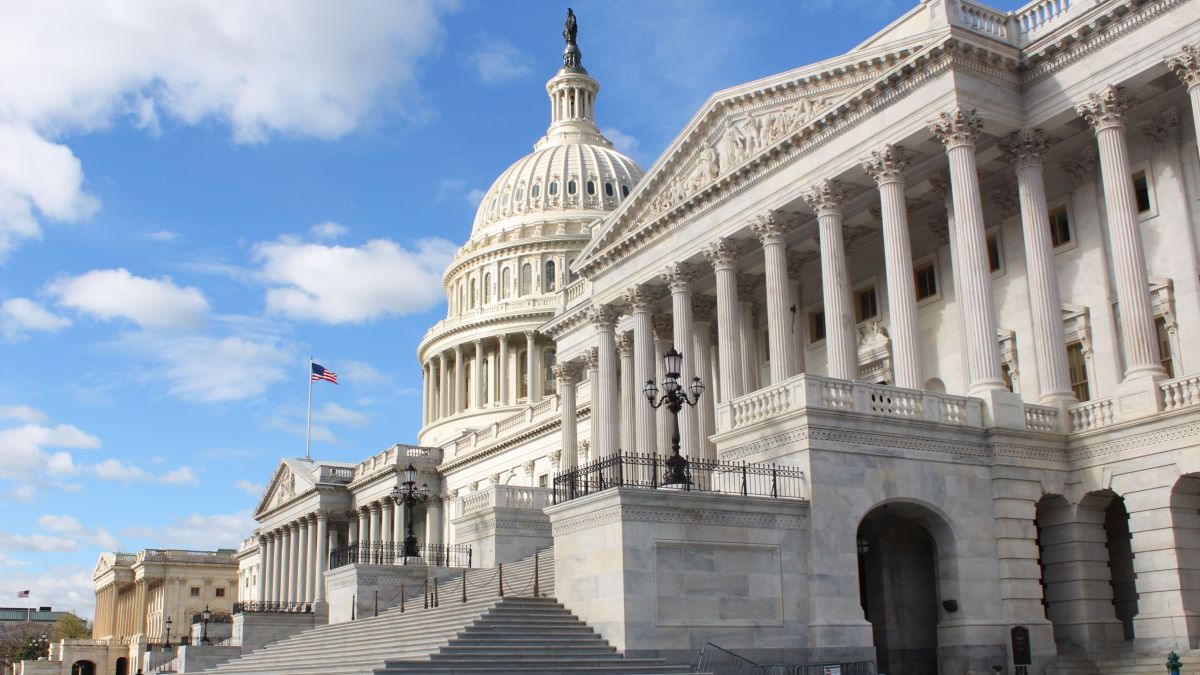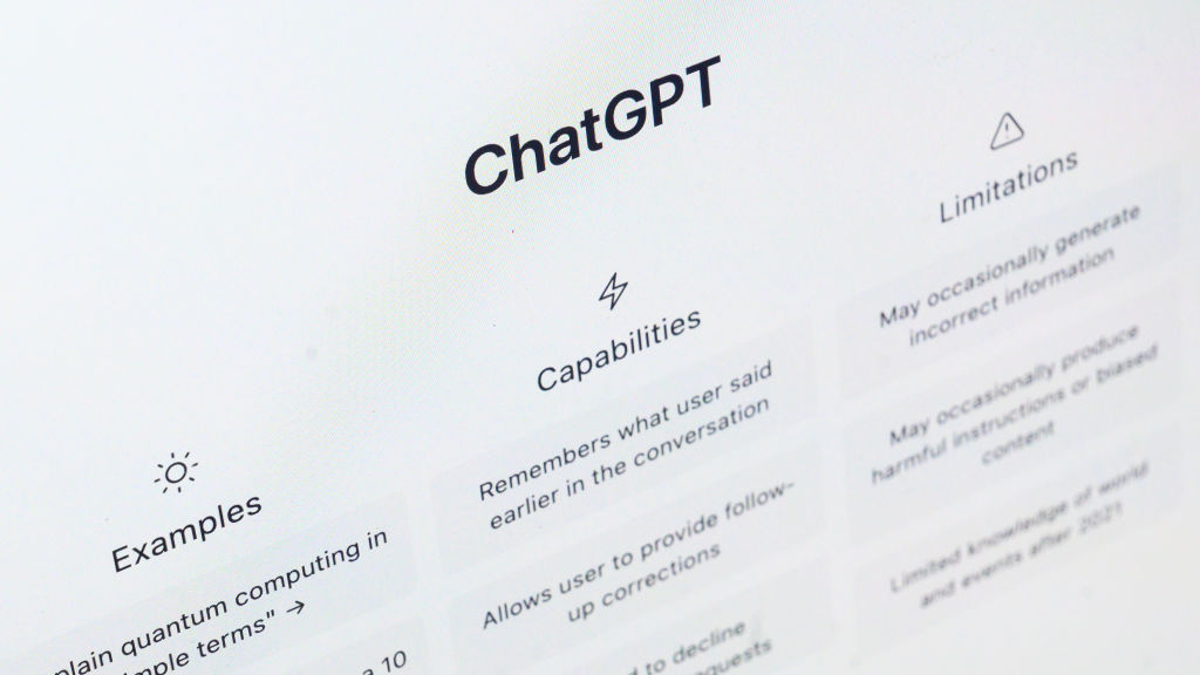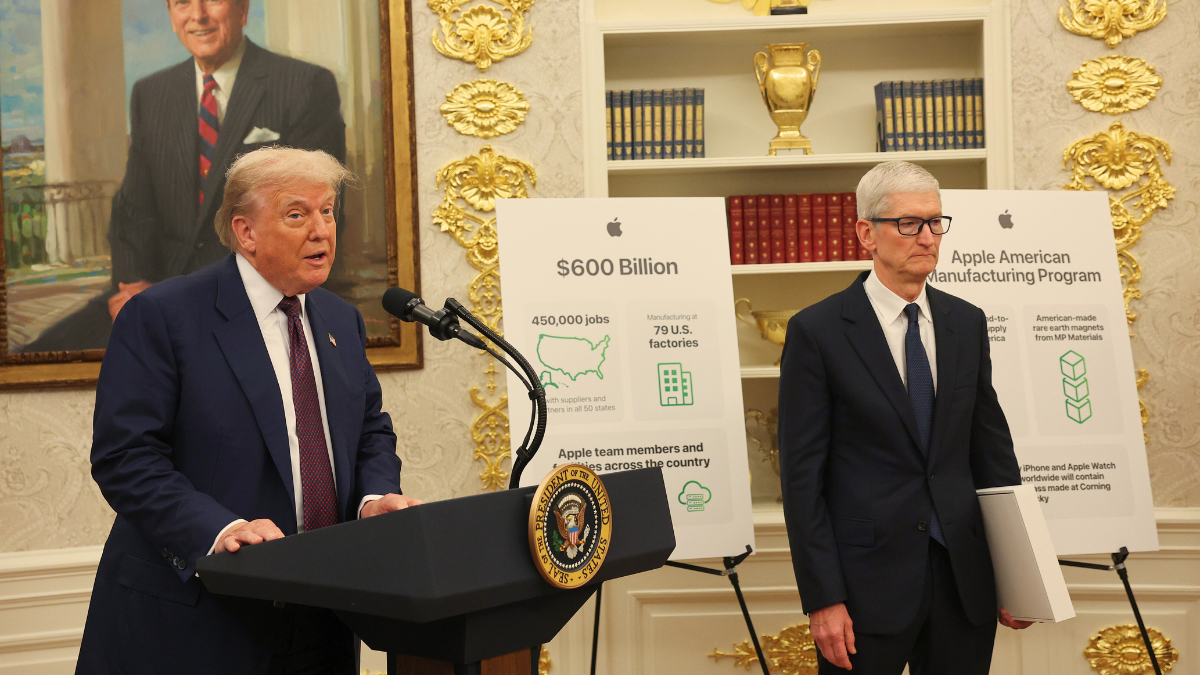In an age of excessive corporate power, it’s rare to see the courts take on one of the biggest tech giants in the world and possibly win. Yet, Google might be on the verge of being punished for years of aggressive business practices that a United States federal judge has now deemed illegal.
The ruling from Judge Amit Mehta, states that Google has an unfair monopoly over search services and advertising, which if you look at the state of the internet, is hard to argue against. The judge has said that the specific law being violated is section 2 of the Sherman Act, which is an antitrust law in the U.S. that passed into law in 1980. In his ruling, Mehta said:
“After having carefully considered and weighed the witness testimony and evidence, the court reaches the following conclusion: Google is a monopolist, and it has acted as one to maintain its monopoly.”
Google currently has a market cap of $2 trillion, and its reach stretches far into various facets of the internet. This decision is one of the biggest antitrust rulings in years, and comes off the back of various governmental agencies across the globe beginning to really look into big tech companies for their practices, especially those deemed monopolistic.
What is the Sherman Antitrust Act?

As per the Justice Department, section 2 of the Sherman Act outlaws any attempt to “monopolize, or attempt to monopolize, or combine or conspire with any other person or persons, to monopolize any part of the trade or commerce among the several States, or with foreign nations . . . .”
Since it was passed, the Supreme Court has ruled that not every restraint of trade is prohibited, but only those that are deemed unreasonable. However, there are certain practices, including price fixing, dividing markets, and rigging bids, that are almost always looked into, as they are deemed overly harmful to competition.
While most people and companies who fall afoul of the Sherman Act suffer civil penalties, it is technically criminal not to be in accordance with the legislation. However, prosecutable offenses have previously been limited to serious and clear violations that are deemed intentional. The maximum penalties are $100 million for a corporation, $1 million for a single person, and up to 10 years in prison.
What does Google’s violation of antitrust laws mean for internet users?

Honestly? We don’t know yet. Google’s monopolistic practices range from their stranglehold over how blogs and websites write content via a murky SEO formula, to its domination of online advertising and ad revenue, to their farming of content to use for AI-generated material, depriving the people who have actually researched and written things valuable eyeballs. And that’s not even the tip of the iceberg.
What we do know is that Google is likely to fight this decision, and have all the money in the world to pay for lawyers, so even if there are changes, it’s likely we won’t see them for years to come.










Published: Aug 5, 2024 03:37 pm